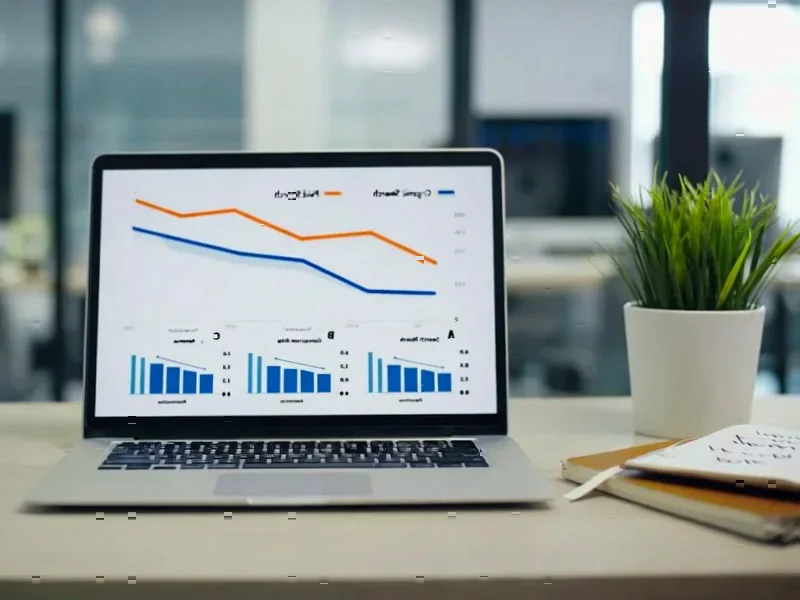According to VentureBeat, 98% of market research professionals now use AI tools, with 72% deploying them daily or more frequently based on an August 2025 survey of 219 U.S. researchers by QuestDIY. The survey conducted between August 15-19 reveals that while 56% of researchers save at least five hours weekly using AI, nearly 40% report increased reliance on error-prone technology, and 37% cite new data quality risks. Some 31% say AI has actually created more validation work, and accuracy remains the biggest frustration. Despite these concerns, 80% are using AI more than six months ago, and 71% expect to increase usage, with data privacy and security concerns being the top adoption barrier at 33%.
The productivity paradox
Here’s the thing about AI in market research – it’s creating this weird situation where people are saving time but also creating new work. Basically, researchers are getting back five hours a week, but then spending some of that time double-checking everything the AI produces. One researcher perfectly captured the tension: “The faster we move with AI, the more we need to check if we’re moving in the right direction.”
And that’s the core issue with current AI systems. They can produce outputs that look completely authoritative but contain what the industry calls “hallucinations” – basically made-up information presented as fact. In a field where credibility is everything and bad data can lead to million-dollar mistakes, you can’t just take the AI’s word for it. Gary Topiol from QuestDIY nailed it when he described researchers viewing AI as a “junior analyst” – capable but needing constant supervision.
<h2 id="trust-issues”>Why the trust gap persists
What’s really fascinating is that despite near-universal adoption, trust issues haven’t gone away. Normally, as people use technology more, they become more comfortable with it. But with AI? Not so much. Four in ten researchers are straight-up saying the technology makes errors, and they’re not wrong to be cautious.
The transparency problem is huge here. When an AI system spits out an analysis, researchers often can’t trace how it reached its conclusion. That’s a nightmare for an industry built on methodological rigor and replicability. Some clients are so worried they’re putting no-AI clauses in contracts, which creates this whole ethical gray area about how researchers can actually use the tools.
Data privacy as the biggest brake
Look, when 33% of researchers say data privacy and security concerns are limiting AI adoption, that’s significant. These people handle sensitive customer data, proprietary business information, and personally identifiable information subject to regulations like GDPR and CCPA. Sharing that data with cloud-based AI systems raises legitimate questions about who controls the information and whether competitors might indirectly access it through model training.
Erica Parker from The Harris Poll made a great point about this – “Onboarding beats feature bloat.” The biggest barriers aren’t actually the technology capabilities, but the time to learn and train, integration challenges, and those privacy concerns. Companies that want their teams using AI effectively need to focus on packaged workflows and guided setup rather than just piling on features.
How the job is transforming
So what does this mean for the future of market research? The skills required are fundamentally changing. Technical execution is becoming less important as AI handles the mechanical work, while judgment, context, and storytelling are becoming more valuable. Researchers are evolving into what the report calls “Insight Advocates” – professionals who validate AI outputs and translate machine-generated analysis into strategic narratives.
By 2030, 61% of researchers envision AI as a “decision-support partner” with expanded capabilities. But here’s the key takeaway: AI can surface insights humans might miss, but it still needs people to judge what actually matters. The future isn’t AI replacing researchers – it’s researchers who know how to work with AI replacing those who don’t. And honestly, that’s probably true for most knowledge work professions facing this same transition.




